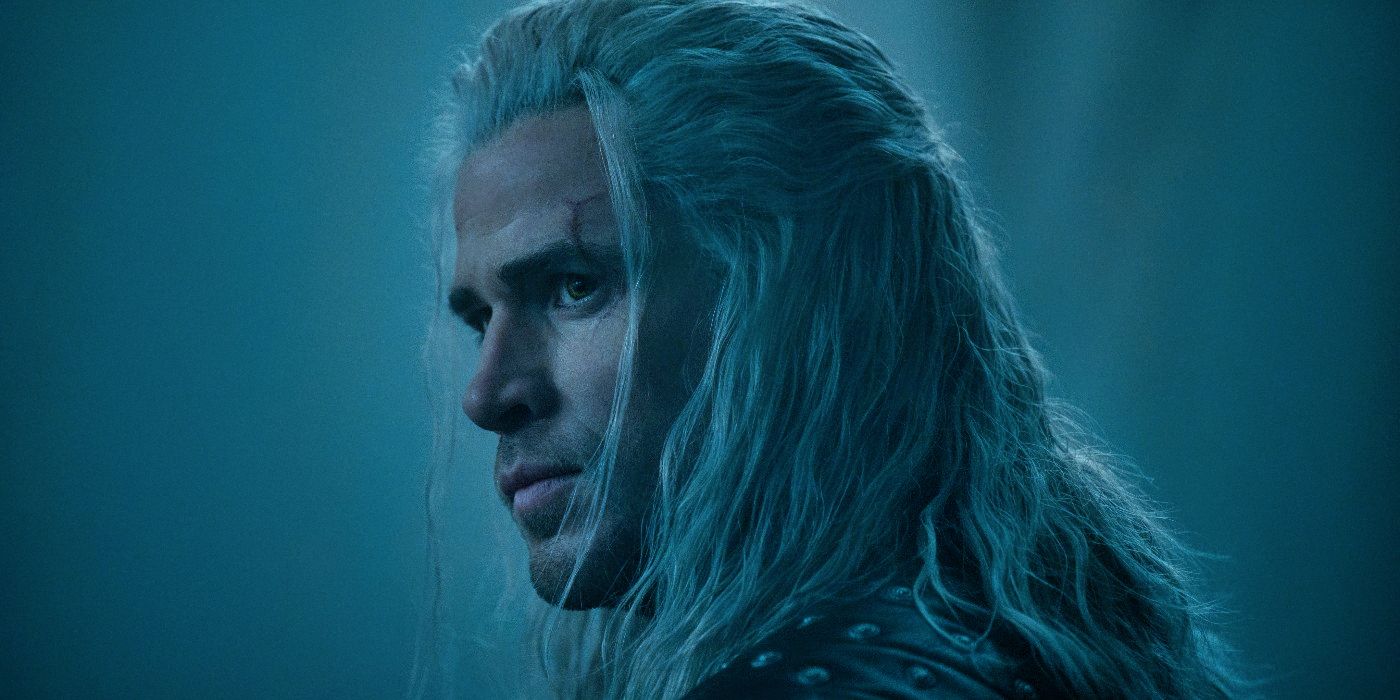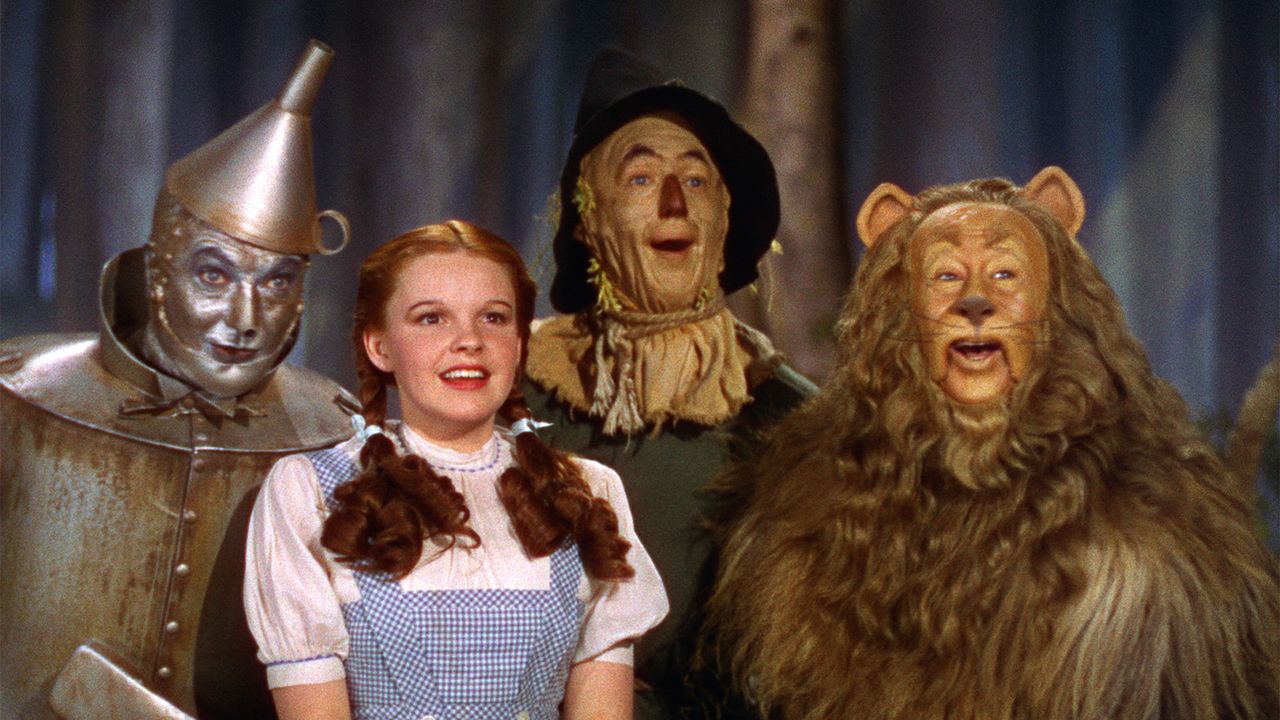Human Target: The Forgotten DC Adaptation That Challenges Our Understanding of Heroism and Identity in a Divided Society
Fifteen years ago, the landscape of television was transitioning, particularly with the rising popularity of superhero adaptations. While series like Smallville were paving the way for comic storytelling, the introduction of Human Target in 2010 by Fox showcased a different side of the superhero narrative. Unlike the typical superhero formula, Human Target was a unique blend of action and intrigue, styled similarly to other action-spy programs like Burn Notice. This series, though short-lived, dared to explore themes of identity, heroism, and self-sacrifice in a way that resonated deeply with audiences, yet has since been largely forgotten.
Human Target was based on the DC Comics character created by Len Wein and Carmine Infantino, who first appeared in the comic series “Detective Comics” in 1972. The premise revolved around Christopher Chance, played by Mark Valley, a private contractor who assumes the identities of his clients to protect them from imminent threats. This concept not only provided a thrilling premise but also opened up discussions about the nature of identity itself. In a world where personal safety often comes at the cost of one’s true self, Human Target delved into the complexities of who we are versus who we project ourselves to be.
The show’s approach to heroism was particularly compelling. Chance is not a traditional superhero with superpowers; instead, he embodies the ideal of the everyday hero. He is a flawed individual, battling his own personal demons while striving to save others. This portrayal of heroism could be seen as a reflection of contemporary society, where the lines between good and evil are increasingly blurred. The character’s willingness to put himself in danger for others raises questions about the ethics of sacrifice and the moral responsibilities we bear toward one another.
The show’s narrative structure allowed for episodic storytelling while also developing a larger arc around Chance’s backstory and motivations. This dual approach kept viewers engaged, as they could appreciate standalone episodes while also investing in character development over time. The series was marked by its slick production values, well-choreographed action sequences, and a strong supporting cast, including Chi McBride and Jackie Earle Haley, who contributed to the show’s dynamic and depth.
One of the most notable aspects of Human Target is its exploration of the psychological impact of living under constant threat. Each episode presented not only physical challenges for Chance but also emotional and psychological ones. The stakes were high, and as viewers followed Chance’s journey, they were invited to reflect on their own fears and vulnerabilities. This theme remains particularly relevant in today’s world, where many grapple with feelings of insecurity and anxiety in various aspects of life.
Despite its engaging premise and robust character development, Human Target struggled to find its audience during its run. It was often overshadowed by other more prominent superhero shows that were gaining traction at the time. The series aired during a transitional period in television, where viewers were starting to embrace serialized storytelling, but Human Target’s episodic nature may have worked against it. Furthermore, the show’s placement in the mid-season replacement slot likely contributed to its limited visibility.
The cancellation of Human Target after two seasons left many fans disappointed. In retrospect, it can be argued that the show was ahead of its time, as its themes of identity and heroism resonate strongly in today’s culture, marked by ongoing debates about personal authenticity in an increasingly digital and curated world. The series tackled the idea of what it means to be a hero in a society that often idolizes superficial qualities and fails to recognize the quieter, more nuanced forms of bravery.
Human Target’s legacy is an interesting one, particularly as more recent adaptations have begun to explore similar themes. The rise of shows that prioritize character-driven narratives and complex moral dilemmas reflects a shift in audience expectations. Viewers are looking for depth and substance in their entertainment, seeking stories that challenge them to think critically about their own lives and the world around them.
In a broader context, the exploration of identity and heroism in Human Target mirrors societal issues that persist today. The struggle for personal identity in a world filled with external pressures is a theme that resonates across various demographics. This struggle is often exacerbated by social media, where individuals curate their lives to fit certain molds, potentially losing their authentic selves in the process. Human Target serves as a reminder that true heroism often lies in the willingness to confront one’s own vulnerabilities while standing up for others.
The show’s cancellation also speaks to the challenges faced by niche programming in an industry dominated by blockbuster franchises and established IPs. The shift towards larger, interconnected universes has often sidelined smaller, more innovative projects that take risks in storytelling. While superhero adaptations have proliferated, many have defaulted to familiar tropes without pushing the envelope in terms of narrative depth.
In examining the impact of Human Target, it’s essential to recognize the cultural zeitgeist it emerged from and contributed to. The series offered a fresh perspective on the superhero genre, focusing on a protagonist who embodies the struggles of the everyday person. This approach allowed for a more relatable exploration of heroism, one that resonates strongly in an era where the definition of what it means to be a hero continues to evolve.
As audiences increasingly seek out stories that reflect their own experiences and challenges, the time may be ripe for a resurgence of interest in Human Target and similar narratives. The complexities of identity, the nuances of heroism, and the ethical dilemmas faced by individuals in perilous situations remain as relevant today as they were during the show’s original airing.
Human Target stands as a testament to the potential of superhero narratives to engage in meaningful discourse about societal issues. It invites viewers to reflect on their own identities, the sacrifices they make, and the values they hold dear. In a world that often seems divided, the themes explored in Human Target urge us to consider the deeper connections that bind us together as human beings.
Fifteen years ago, we were still a few years out from the major superhero craze that hit television, but longtime DC Comics fans still had plenty to celebrate. Sure, Smallville was about to end, but that didn’t mean DC adaptations were down for the count. In 2010, Fox introduced a mid-season replacement series in the style of Burn Notice and other action-spy programs titled Human Target. Like many, it’s likely that you’ve forgotten about this stellar short-term action drama, but if you’re looking for some comic book-inspired entertainment that fits stylishly into the 21st century, look no further than this Mark Valley-led series.




